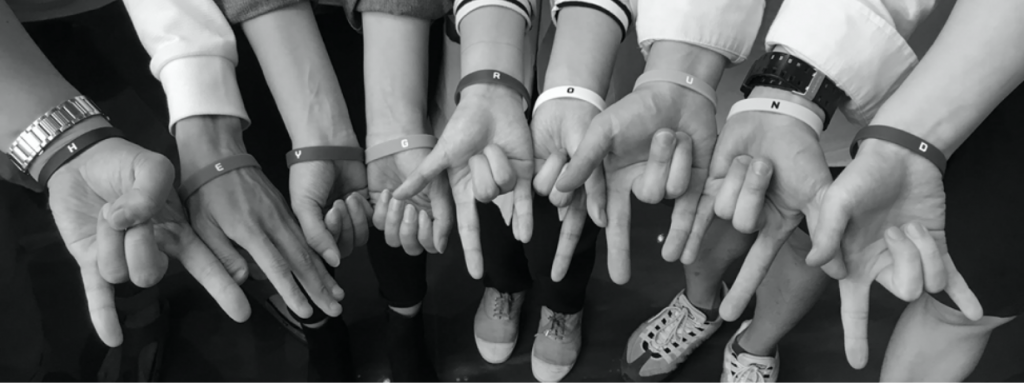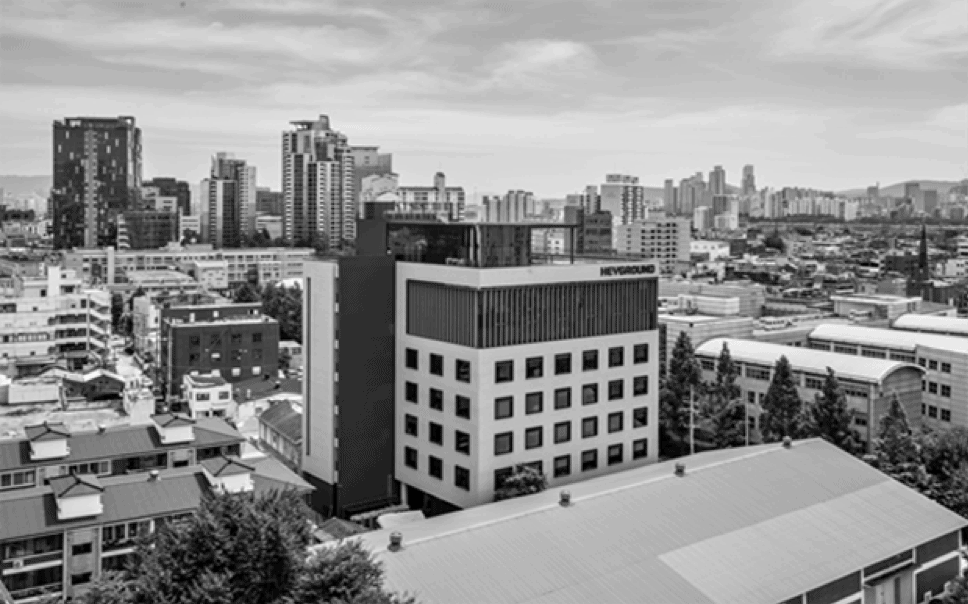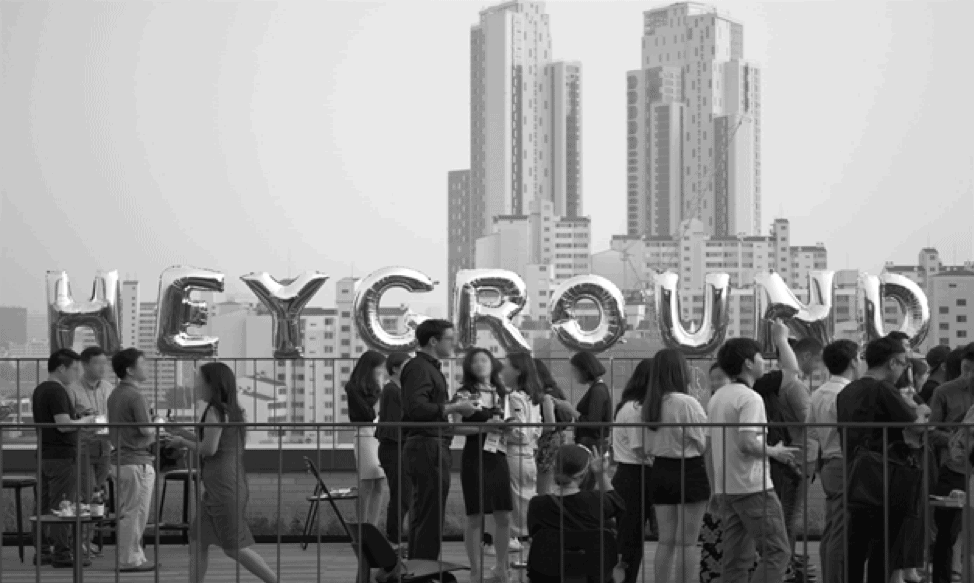Co-Author: Jihun Choi, Kyungsun Chung and Johan Jaehyong Heo
4 min read
Korea’s Evolving Impact Ecosystem
In 2007, the Korean government kicked off the country’s impact ecosystem by promoting social enterprises and launching the Social Enterprise Certification. After 10 years, the second phase to reform the impact ecosystem began, this time with the private sector and large stakeholders, including corporations, educational institutions, and intermediaries, in mind.
These movements have merged to create the interconnected and multi-dimensional impact ecosystem that it is today in Seongsu-dong, Seoul.
Seongsu Social Venture Valley
The Seongsu-dong area, also known as Seongsu Social Venture Valley, is a lightning rod for social impact ventures and changemakers who are interested in solving social issues by leveraging a network of impact-driven stakeholders including governments, corporations, educational institutions and media. With easy public accessibility and local revitalization, it is no wonder that there are now 2,500 changemakers and over 300 changemaking organizations in Seongsu-dong.
4 best practices to develop a changemaker community
In order for changemakers to create more social impact and continue growing together, having a physical space to strengthen community-building is necessary. In our two-and-a-half year journey with Heyground, we have gained many important lessons on building a strong community in South Korea, including:
- Recruiting the right people for the community: Simply bringing a group of people together doesn’t make a community, which is why recruiting the right people for the community is essential. We adopt three practices when building a strong community:
- Transparency: At Root Impact, we openly share, through numerous on and offline channels, the types of changemakers we are looking for and reasons to work at Heyground.
- Curation: A selection process is necessary to find the right people. We have a 17-question application to help applicants see whether they are a good fit for the community.
- Enthusiasm: We need to actively recruit the people we believe are the best fit for the community. Gathering insights and feedback are also important to continue engaging and developing the community.
- Physical space is essential, but not everything: When we first started out, we assumed that “if there is a space that encourages natural encounters and frequent casual meetings, relationships can unfold more rapidly.” This hypothesis is only partially true.
Communal spaces help with friendly exchanges, but a catalyst is needed to encourage a deeper conversations among members to build stronger relationships across the community.
- Content creates dialogue: When human resources are limited, it is difficult to manage large communities. Developing different systems for content from the community to be shared are, therefore, important.
- Smaller and more intimate events: When we first started rolling out events and networking sessions, our focus was on gaining large crowds and spreading the word like wildfire. Overtime, however, we learned that quantity doesn’t necessarily mean quality when creating connections or opportunities for the community. Instead, smaller events that have a focal point or theme can bring together members with common goals to produce more insights and opportunities to learn from one another.
Building a bridge for global changemaker communities
Changemakers strive to tackle diverse social problems in their genuine way. To solve bigger social problems such as climate change, political instability and financial inequality, it is crucial to connect and collaborate with changemakers beyond geographical boundaries. However, engaging all stakeholders in a collective way is complex. Therefore, we want to use Heyground as a global community platform to build a bridge across the continents. To do this, we need the right partners to foster more knowledge sharing within local contexts. We are excited to participate in concrete conversations with global ecosystem builders. Join us in becoming a changemaker and find out how you can contribute to the ecosystem!
About Root Impact and Heyground
In June of 2017, Root Impact, a non-profit ecosystem builder, opened the first Heyground, a co-working space for changemakers, in Seongsu-dong. Heyground is a changemaker community to gain affordable business support services and networking opportunities. With over 500 members and 70 impact driven organizations filling the space, Heyground has reflected a demand for expansion, leading to the opening of the second Heyground that can accommodate another 700 members.
Root Impact will open Heyground Bronx in September 2020 in New York, USA, and Heyground Bangkok, currently in the planning stage, so that changemakers can connect, collaborate, and ultimately come together to create a better world. If you are interested in reaching out to Root Impact, please contact us at [email protected].




















